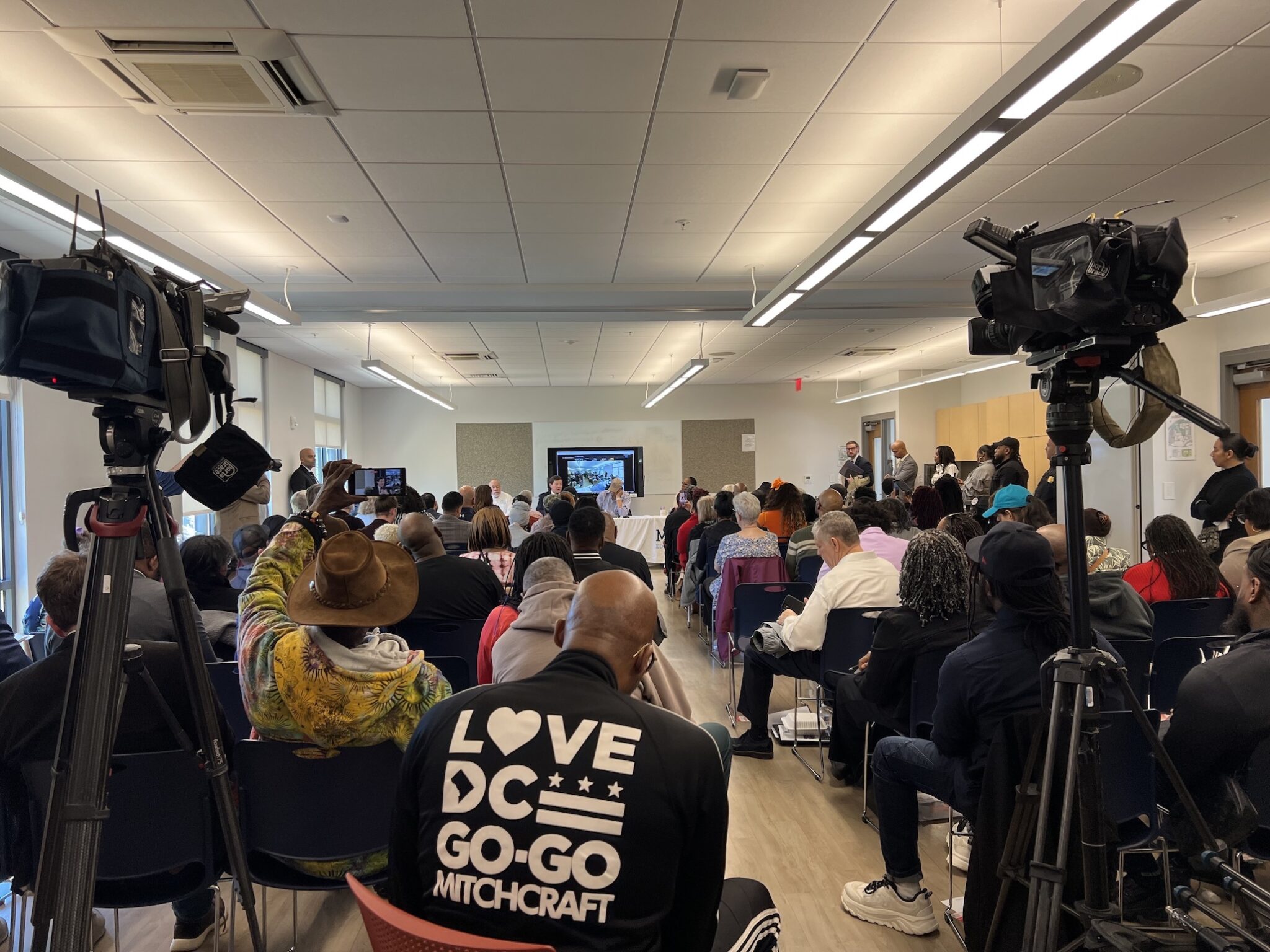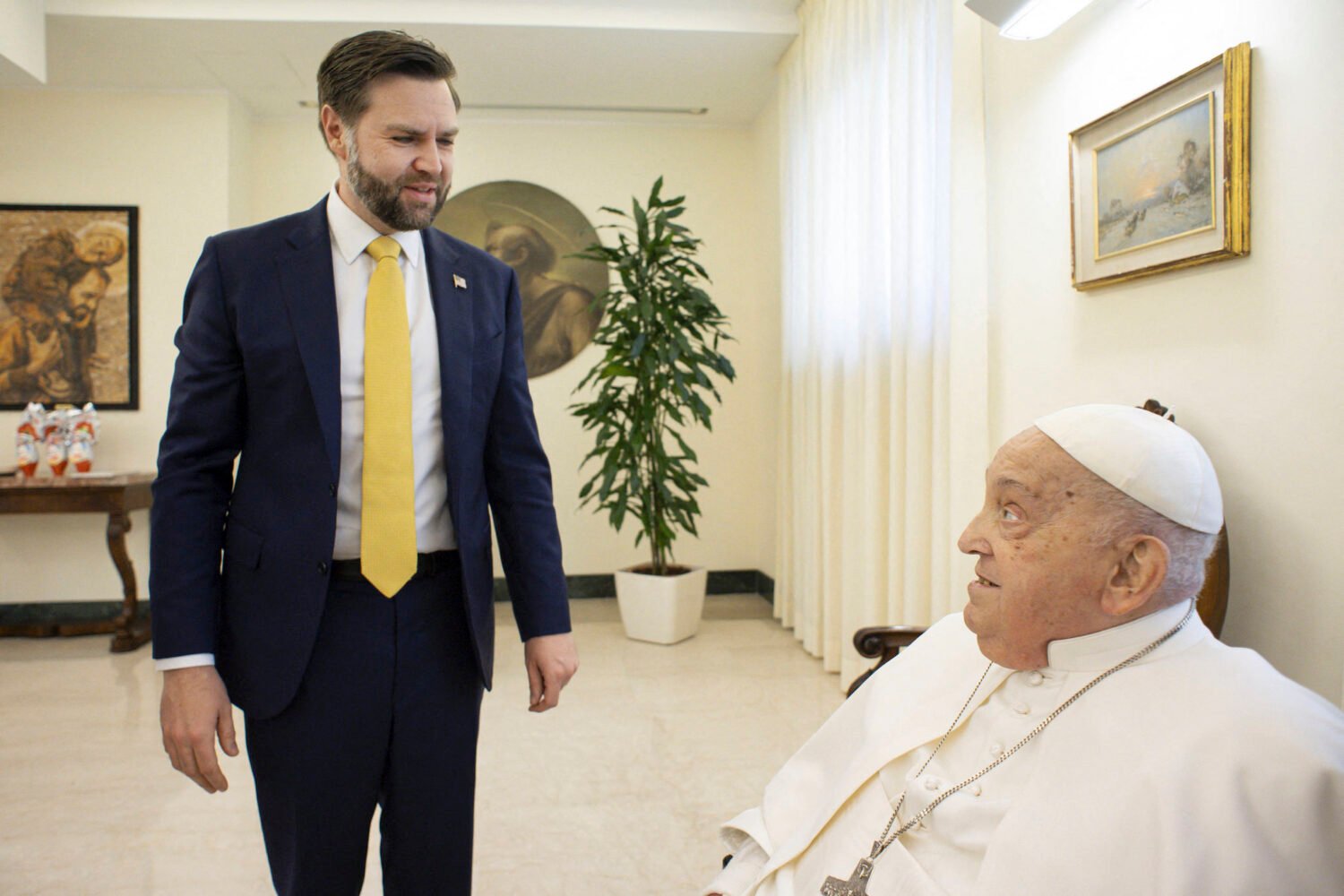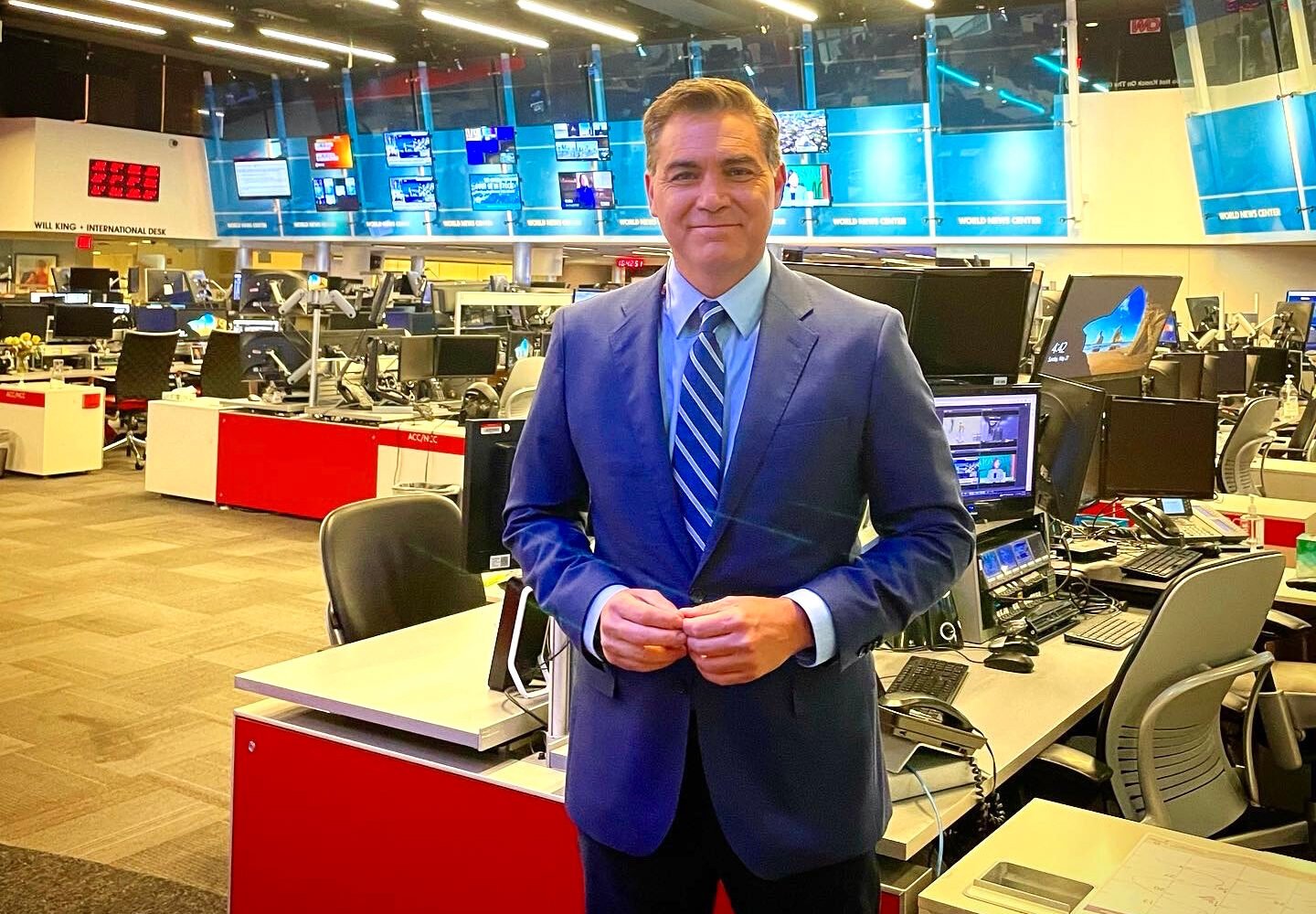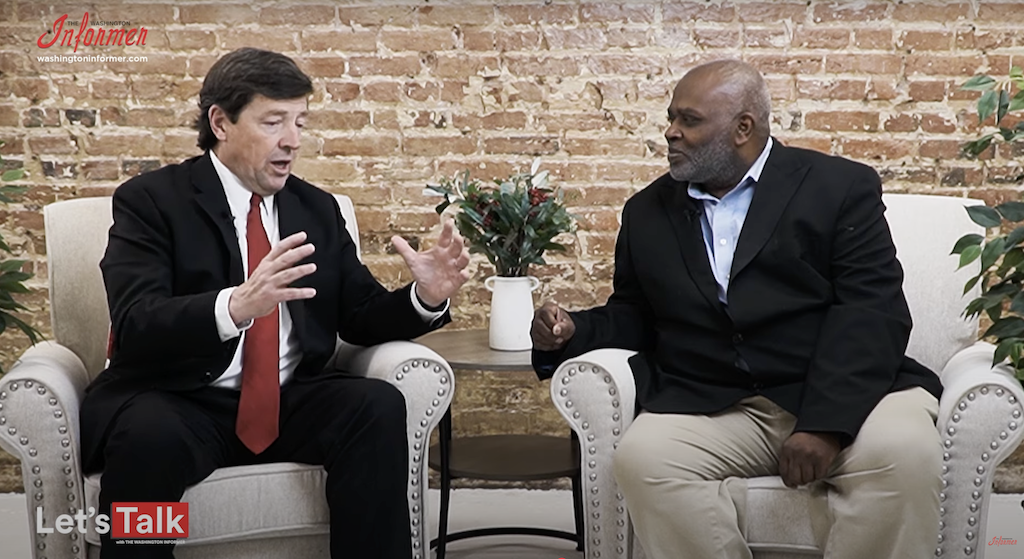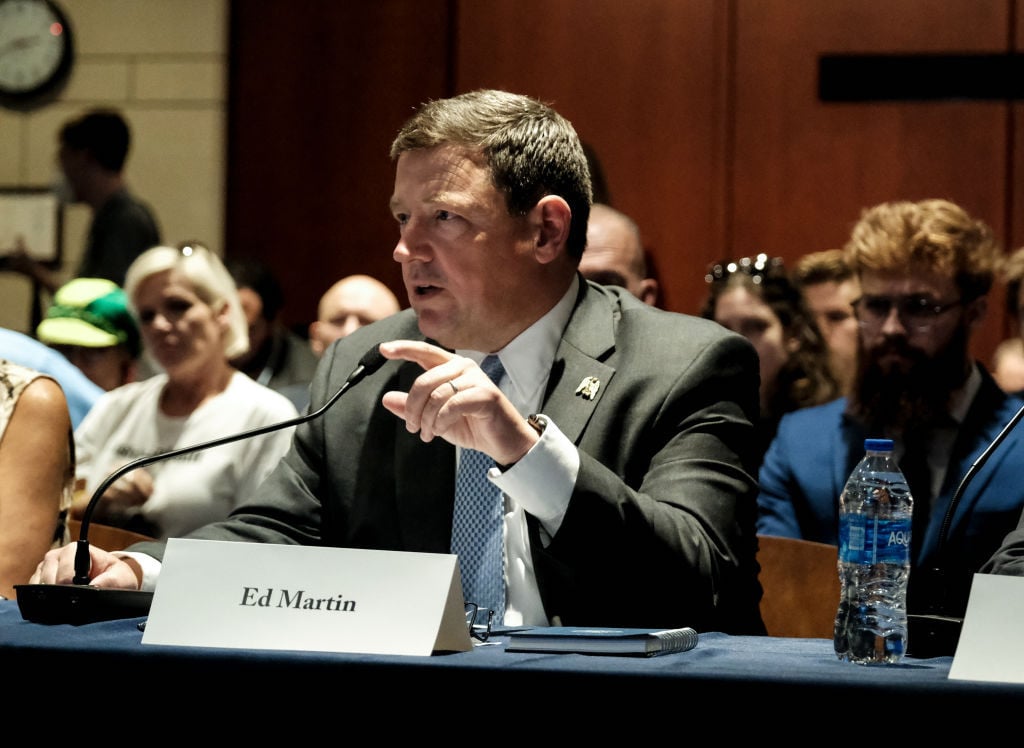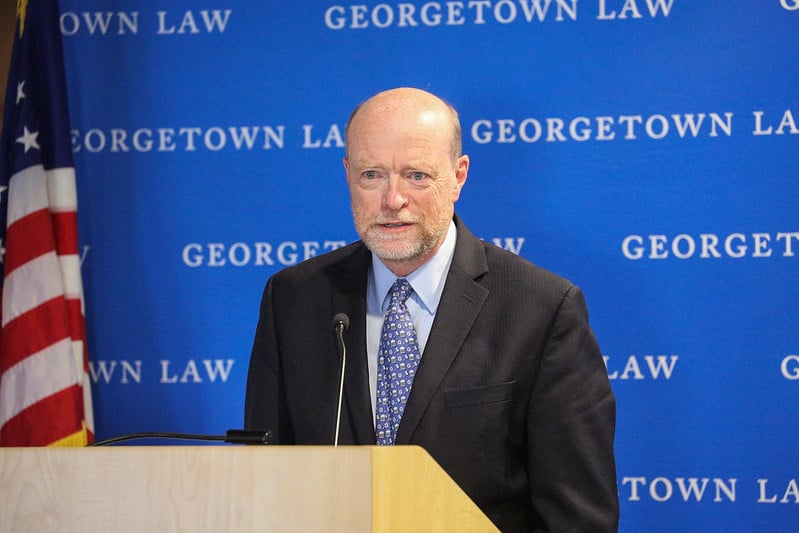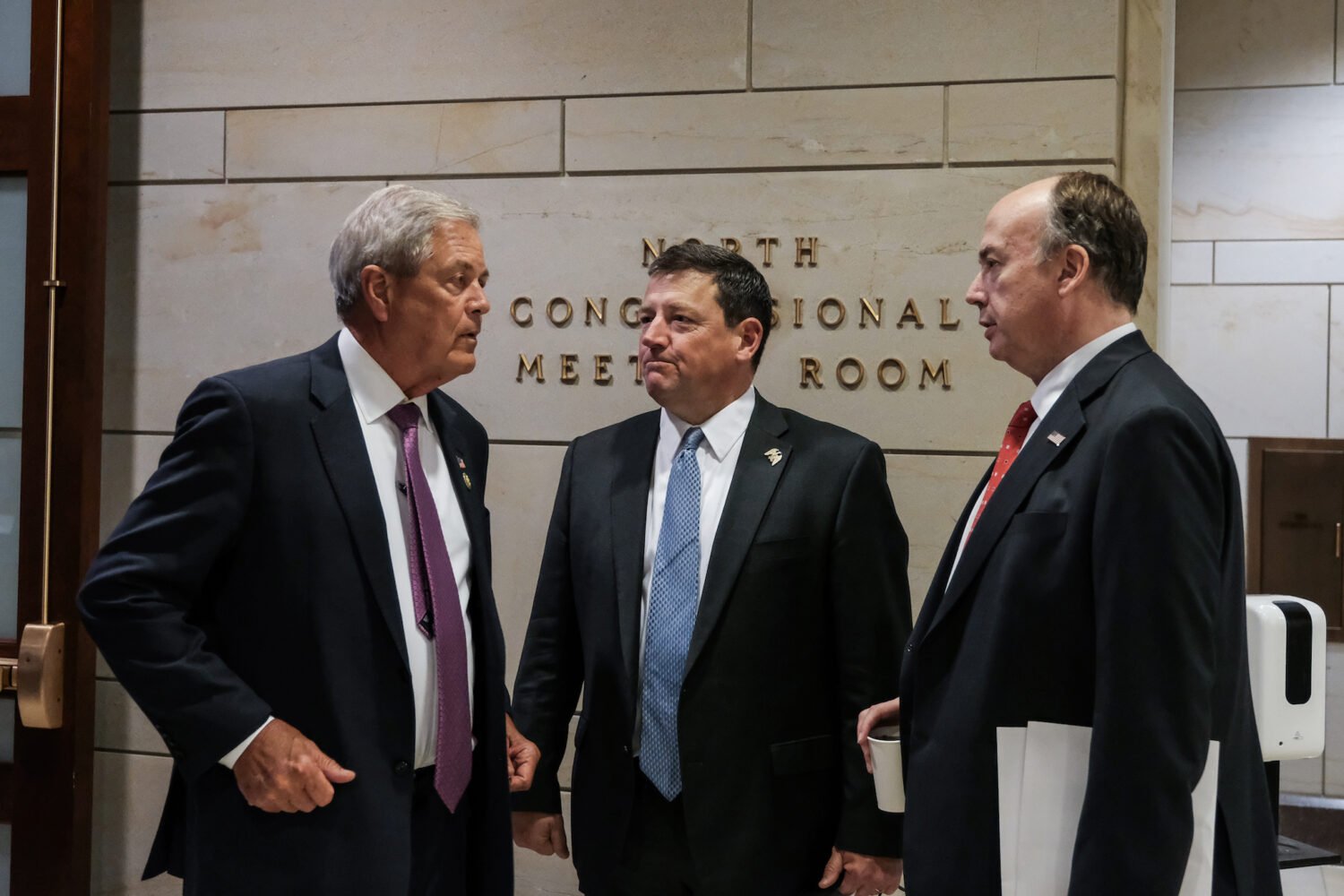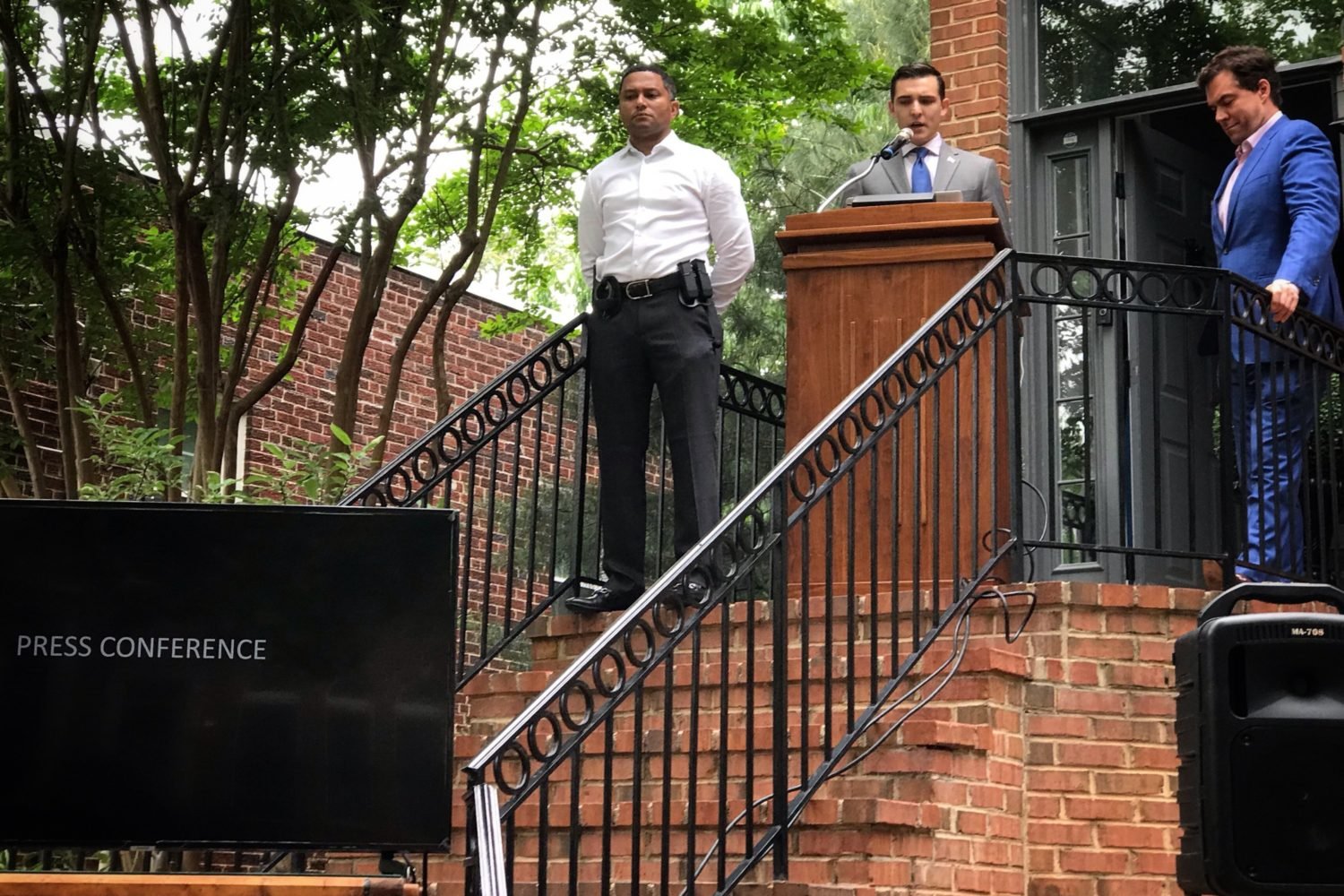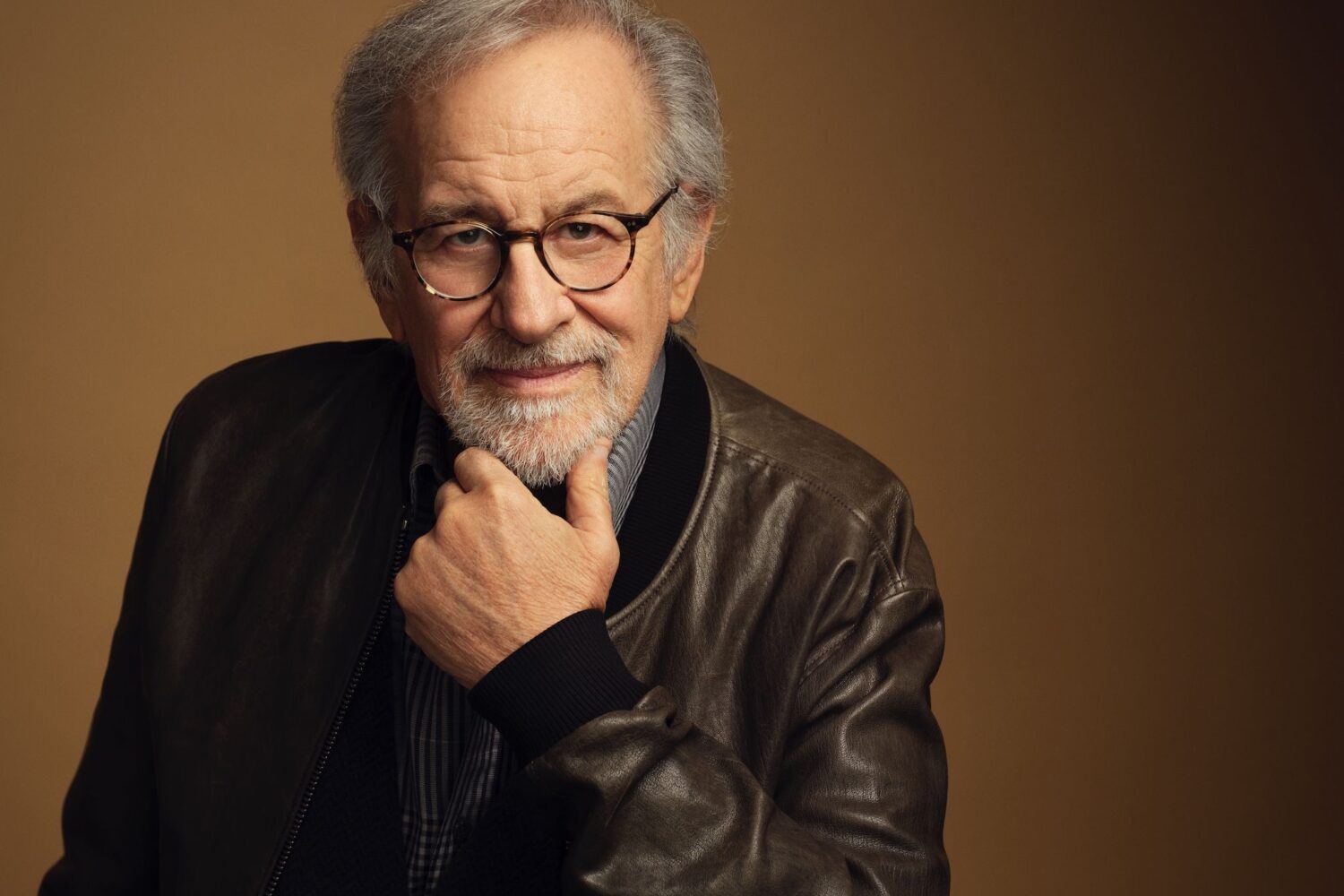Sitting in a meeting room at Martha’s Table in Anacostia yesterday, interim US attorney Ed Martin seemed like quite an outsider. The Trump appointee, a former Stop the Steal activist from Missouri, has already done plenty to alienate the city where he’s now the top prosecutor: he’s vowed to defend DOGE, fired January 6 prosecutors, and threatened Georgetown University over so-called “DEI” education.
Now here he was, sitting among a skeptical crowd of community leaders from Southeast DC who had just finished honoring three Black women leaders for Women’s History Month.
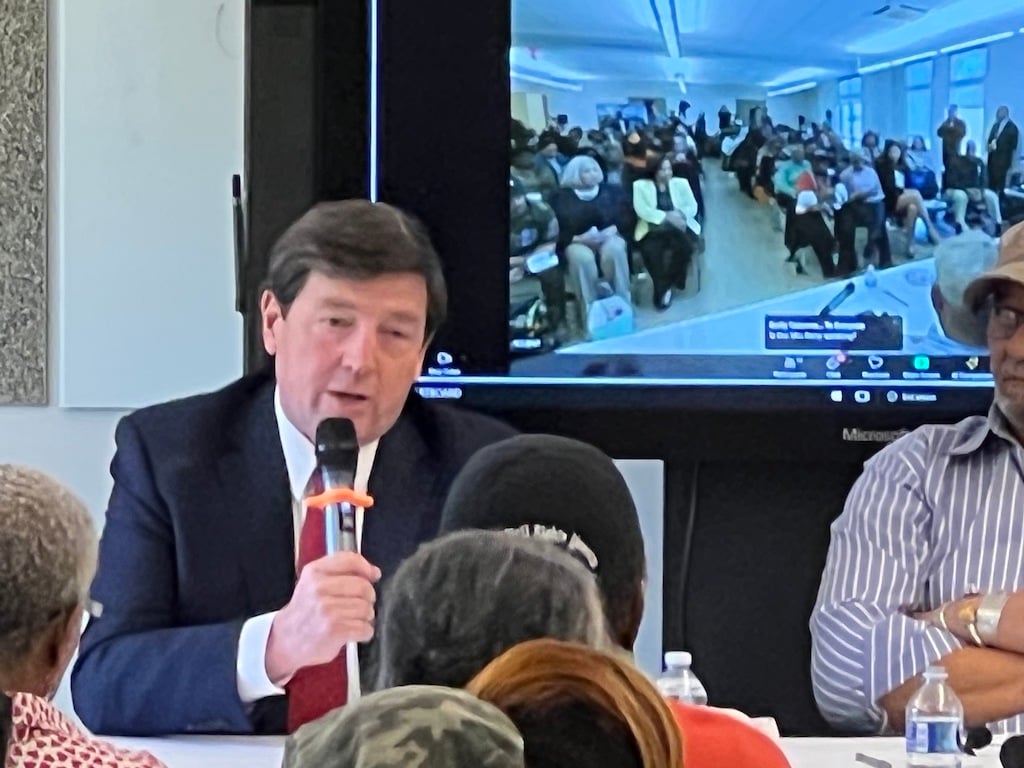
Martin was visiting the Anacostia Coordinating Council in Ward 8, the section of DC with the highest rates of violent crime, to explain and answer questions about his new MAGA approach to criminal justice. Clearly a back-slapping, friendly person by nature, he began his appearance with a somewhat conciliatory tone, telling the crowd “you’re the experts on what’s happening in the community,” and name-dropping the Frederick Douglass National Historic Site as commemorating “one of the great historic folks.”
But he struggled to keep it relatable. By a few minutes in, he brought up the embattled USAID in what he clearly thought was a slam dunk: “When USAID sent hundreds of millions of dollars to central Africa, didn’t you ask, ‘why didn’t you send it to 7D? (the Seventh District),” he asked.
There was an immediate and resounding “no” from the crowd.
“You didn’t?,” Martin scoffed. “Well you should. I did.”
A few minutes later, Cora Masters Barry, Marion Barry’s widow, took issue, giving Martin the most severe dressing down of the day. “You need to learn your politics,” she said. “You need to learn geography, and world affairs. There’s a whole different pot of money that goes to Africa that stops diseases…. You don’t know what you talking about, so be careful about what you say when you go places, because you show that you’re not well read.”
Barry also pointed out that Martin, in his focus on crime, ignored the fact that DC had already made progress.
“You haven’t once mentioned Metropolitan [Police Department],” she said. “You haven’t talked about the chief of police, who’s doing a great job of bringing crime down. So you can’t sit there and talk about what you gonna do as if something’s not being done already. What you do is you walk in and you say: ‘what’s being done and how can I help?’”
“Be careful how you talk to us,” she added. The crowd applauded.
After Martin high-tailed it back across the river and the crowd thinned out, I approached Lamont Mitchell, who had led the meeting. “I don’t think there’s any great love affair, but we deal with who they give us,” Mitchell said. “Crime is an issue east of the river. We have had the most effect of crime. So we want guns off the street too. We want criminals prosecuted, too.”

